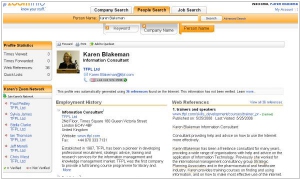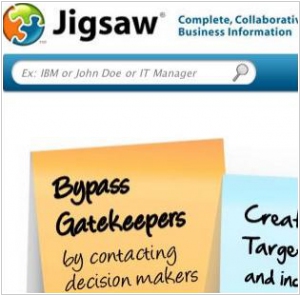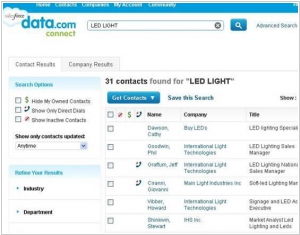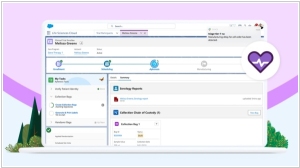Data.com vs ZoomInfo
May 24, 2023
10

ZoomInfo is a leading business information provider offering real-time, in-depth profiles of 65 million businesspeople and six million businesses. It's a vertical search engine focused on people, companies, and the relationships among them. Power your campaigns with targeted, accurate data that reduces bounce rates, improves message relevance and increase marketing's contribution to the bottom line.
Data.com and ZoomInfo are both data intelligence platforms that provide access to a vast database of business contacts and company information. However, they differ in their data sources, features, and target audience. Data.com, owned by Salesforce, offers a combination of data cleansing and enrichment services along with a database of business contacts. It focuses on providing accurate and up-to-date contact information for sales and marketing professionals within the Salesforce ecosystem. On the other hand, ZoomInfo specializes in comprehensive company and contact information, offering advanced search capabilities, firmographics, technographics, and intent data. It targets a broader range of sales, marketing, and business development professionals. ZoomInfo's strength lies in its extensive data coverage and advanced features for identifying and engaging with prospects.
Data.com vs ZoomInfo in our news:
2010. Salesforce goes into amoral crowdsourcing

Nowadays the confidentiality of personal information is not so important. Especially for sales guys, like Salesforce's management. Today, Salesforce has acquired Jigsaw, which TechCrunch's Mike Arrington at first called evil and then simply amoral. Jigsaw - is a huge (21 million) online database of contacts and companies, filled by crowdsourcing: users add contact information of other people (without their knowledge) usually from business cards. When the service appeared in 2006, it paid people $1 for each added contact. Then Jigsaw sell the access to contacts database to companies using cold calling (or spammers). And there was no way to remove your contacts from the service. ***


